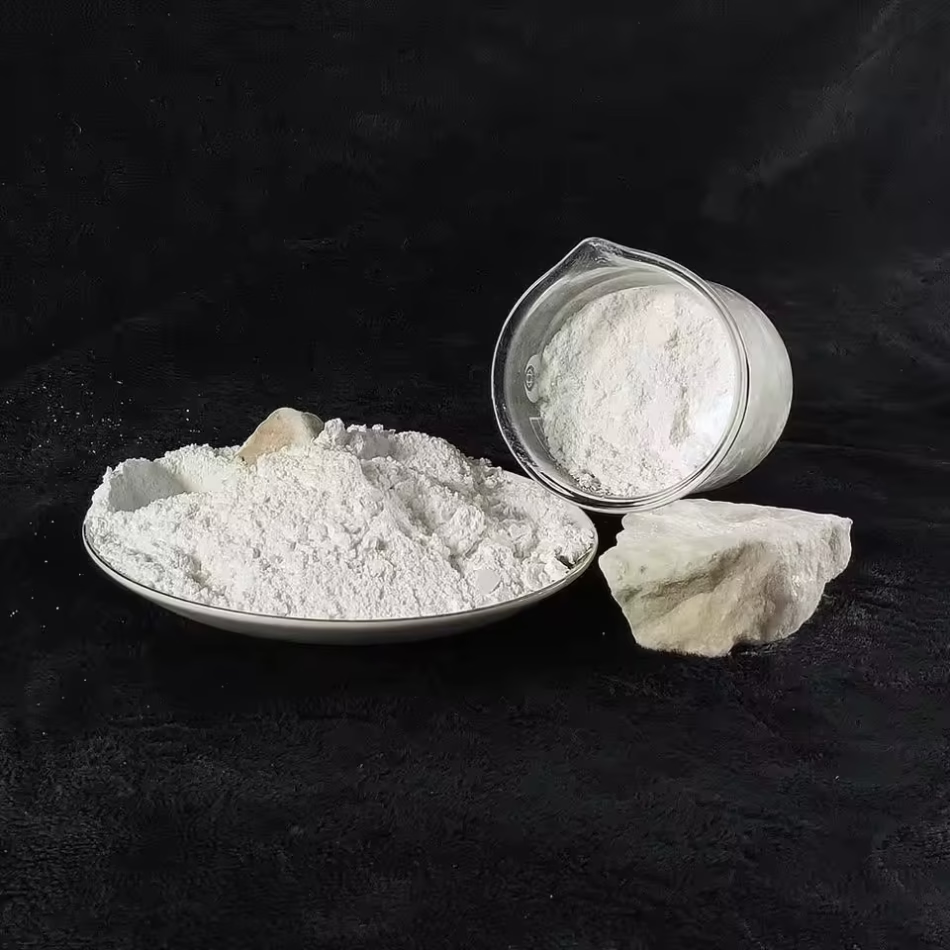Calcium carbonate is one of the most widely used chemical compounds globally, playing a significant role in various industries such as construction, agriculture, pharmaceuticals, and manufacturing. Naturally found in rocks such as limestone, marble, and chalk, it is also a key component in marine organism shells and eggshells. The compound has diverse applications ranging from acting as a calcium supplement to being a critical ingredient in cement production. Given its broad utility, the demand for calcium carbonate remains steady worldwide, which in turn impacts its pricing across different regions.
Besides its common use as a dietary calcium supplement, calcium carbonate is extensively utilized as a filler material in the paper, plastics, paints, and coatings industries. In construction, it is a primary ingredient in the production of cement and lime. The agricultural sector also benefits from calcium carbonate, using it as a soil conditioner to neutralize acidic soils. Understanding the market dynamics and pricing of calcium carbonate is essential for businesses and individuals involved in industries that heavily rely on this compound.
Factors Influencing Calcium Carbonate Price Per Kg
The calcium carbonate price per kg can vary considerably based on several influencing factors. The purity level of the compound is a significant determinant, as industries such as pharmaceuticals and food production require high-purity calcium carbonate, which is typically more expensive. On the other hand, lower-grade calcium carbonate used in construction and agriculture is comparatively cheaper. Another critical aspect is the form of calcium carbonate, which can be available as ground calcium carbonate (GCC) or precipitated calcium carbonate (PCC), each differing in price due to variations in production methods and applications.
Additionally, the method of production—whether naturally extracted or synthetically manufactured—plays a key role in determining the cost. Transportation costs, import duties, and local supply chain factors also affect the overall price of calcium carbonate in different countries. International market demand, coupled with fluctuations in raw material availability, can also cause price variations over time. Hence, it is essential for buyers and businesses to monitor these factors when planning bulk purchases of calcium carbonate.
Overview of Calcium Carbonate Price Per Kg in Pakistan
When it comes to the calcium carbonate price per kg in Pakistan, the market shows a diverse range depending on the quality, grade, and supplier. As of 2025, the average price of industrial-grade calcium carbonate in Pakistan ranges between PKR 25 to PKR 60 per kilogram. High-purity calcium carbonate, suitable for pharmaceuticals or food-grade applications, can cost significantly more, sometimes exceeding PKR 150 per kilogram, depending on the supplier and certification requirements.
The local market in Pakistan benefits from the availability of abundant limestone reserves, particularly in regions like Punjab and Khyber Pakhtunkhwa, which contributes to relatively stable prices for the locally mined material. However, for high-purity applications, companies often rely on imports from countries such as China, Vietnam, or Malaysia, where specialized precipitated calcium carbonate (PCC) is produced. The import costs, along with currency fluctuations, can impact the local pricing for these specialized grades.
Global Calcium Carbonate Market Trends and Price Comparison
Globally, calcium carbonate pricing reflects the demand patterns in major industries, with Asia-Pacific being the largest consumer and producer of the compound. China, India, and Vietnam are leading exporters of calcium carbonate, offering competitive prices in both GCC and PCC formats. The average calcium carbonate price per kg globally varies from $0.05 to $0.30 for industrial applications, while pharmaceutical and food-grade prices can range from $0.80 to $2.00 per kg, depending on purity and certification standards.
When comparing Pakistan’s market prices with global averages, local industrial-grade calcium carbonate remains competitive due to domestic sourcing, while premium grades tend to be pricier because of import dependencies. Additionally, the global push towards sustainable and eco-friendly materials is influencing the demand for high-quality PCC, which is cleaner and offers better properties for industries like paper and plastics. This shift may gradually affect the calcium carbonate price per kg worldwide, including in Pakistan, as industries adopt greener solutions.
Future Outlook for Calcium Carbonate Prices
Looking ahead, the calcium carbonate market is expected to witness steady growth driven by its demand in construction, paper, plastics, and agriculture sectors. In Pakistan, the expansion of construction and infrastructure projects is likely to fuel the demand for calcium carbonate, ensuring consistent consumption of local reserves. This demand will likely maintain a stable calcium carbonate price per kg in Pakistan for industrial grades. However, any geopolitical shifts, environmental regulations, or fluctuations in global supply chains could still influence the overall pricing.
Moreover, advancements in technology and the increasing demand for ultra-fine calcium carbonate in high-end applications such as paints, coatings, and pharmaceuticals will create opportunities for both local producers and importers. Businesses aiming to optimize their procurement strategies should stay informed about the trends, both locally and globally, ensuring they secure the best prices for the specific grades required. Monitoring international commodity markets, local mining outputs, and import-export data will be crucial for stakeholders dealing with calcium carbonate in the years to come.
 WhatsApp Us Now
WhatsApp Us Now








